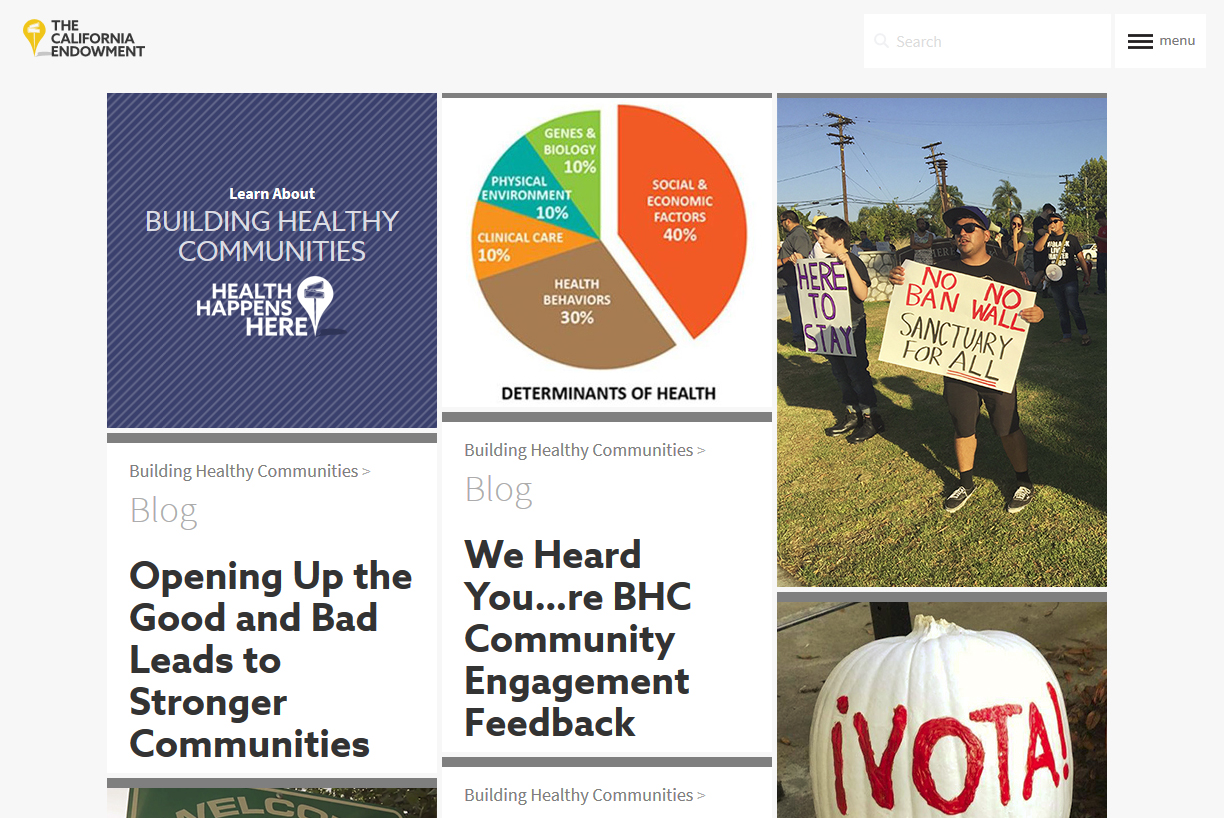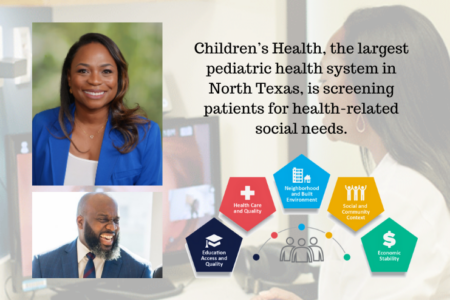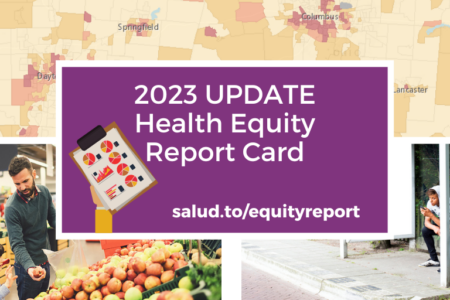
Share On Social!
Imagine a world where every person has the opportunity to attain full health potential—with no disadvantages due to race, money, etc.
That is health equity.
Unfortunately, Latinos and other people of color often struggle with health inequity as a result of poverty, structural racism, and discrimination. This causes gaps in how long Latinos live and how they struggle with disease and health, compared to their peers, according to the new Communities in Action: Pathways to Health report from thew National Academies of Sciences, Engineering, and Medicine.
 The new report does have some good news:
The new report does have some good news:
- Communities have agency to promote health equity. However, community-based solutions are necessary but not sufficient.
- Supportive public and private policies at all levels and programs facilitate community action (infrastructure of policies, funding, political will, etc.).
- The collaboration and engagement of new and diverse (multi-sector) partners is essential to promoting health equity.
- Tools and other resources exist to translate knowledge into action to promote health equity.
“The premise that there is social mobility, the opportunity to succeed with hard work, and the opportunity to achieve prosperity is fundamental to the ‘American Dream,’” the report said.
Example of ‘Health Equity’ Success
The new report names the California Endowment’s Building Healthy Communities as a model for other nonprofits to follow.
Here’s an excerpt from the report:
 The 10-year, 14-community strategy has, at its 5-year mark, achieved improved health coverage for the underserved, as grantees and partners fought for and supported the successful implementation of the Patient Protection and Affordable Care Act (ACA) and the expansion of Medicaid in California. There has been a stronger health coverage policy for undocumented residents as grantees and partners successfully crafted and led the #Health4All Campaign, paving the way for state-supported health coverage for undocumented children.
The 10-year, 14-community strategy has, at its 5-year mark, achieved improved health coverage for the underserved, as grantees and partners fought for and supported the successful implementation of the Patient Protection and Affordable Care Act (ACA) and the expansion of Medicaid in California. There has been a stronger health coverage policy for undocumented residents as grantees and partners successfully crafted and led the #Health4All Campaign, paving the way for state-supported health coverage for undocumented children.
There have been school climate, wellness, and equity improvements as grantees, partners, and youth have led or supported efforts across the state to reform harsh school discipline and suspension policies, and they continue to work to successfully implement school equity funding formulas. Foundation grantees and partners have lent advocacy support for health- and prevention-oriented justice system reform; a key objective of justice reinvestment is to channel savings from a reduced need for prisons into prevention strategies. Grantees have joined with other coalitions supporting outcome improvement work in young men of color, bringing improved public policy and civic attention to the issue and resulting in the creation of a Select Committee on the Status of Boys and Men of Color in the state legislature.
Finally, the Building Healthy Communities initiative has helped grantees in their efforts to enact more than 100 local policies and system changes, ultimately promoting a culture of health in local jurisdictions that emphasizes such community resources as more walkable neighborhoods, fresh food access, park space, and access to safe drinking water.
“With available tools, philanthropy can play an important role in supporting community interventions to achieve health equity and should be considered as an important potential partner in this work,” according to the report.
Learn more about health equity and Latinos here:
- SF to Consider Universal Childcare for Residents http://salud.to/2zooOLg #SaludIncome
- Heavily Latino City among Worst in U.S. with Income Inequality http://salud.to/2jLj3Sd #SaludIncome
- 10% of NYC Public School Students Were Homeless in 2016 http://salud.to/2Awsd9g #SaludSupport
By The Numbers
56.9
percent
of Latinos are "housing cost burdened"



